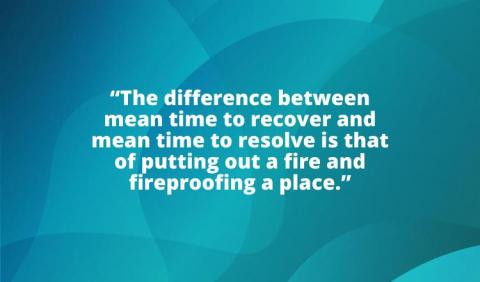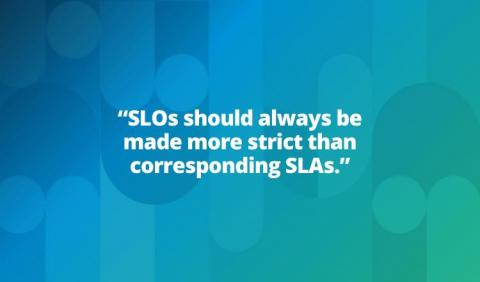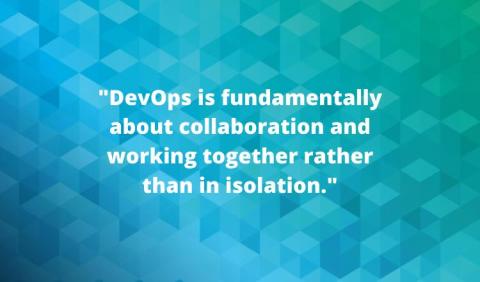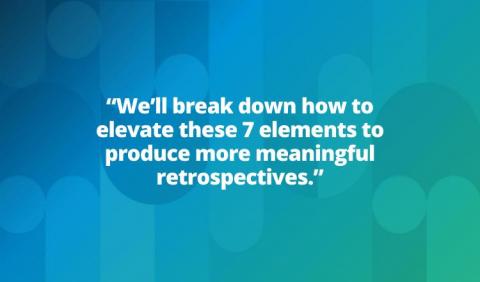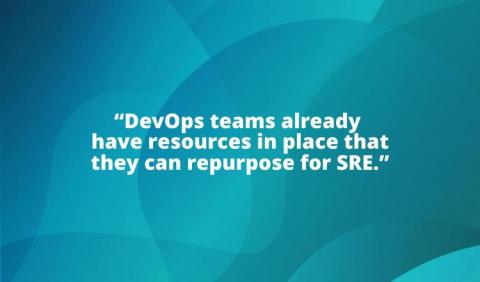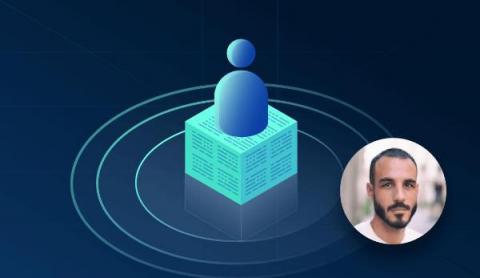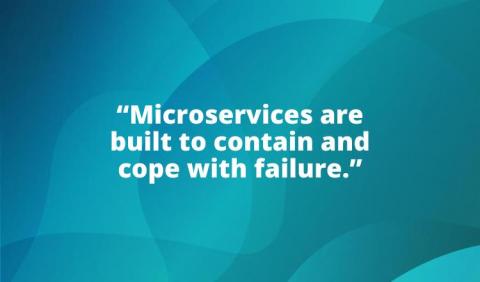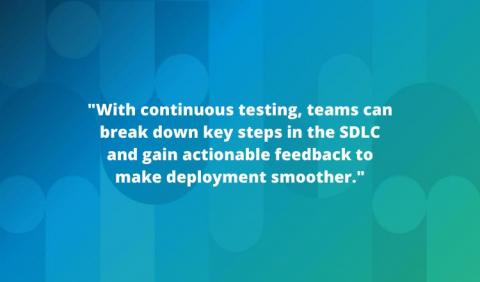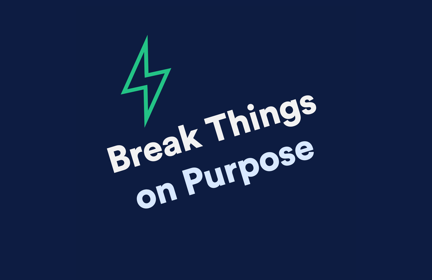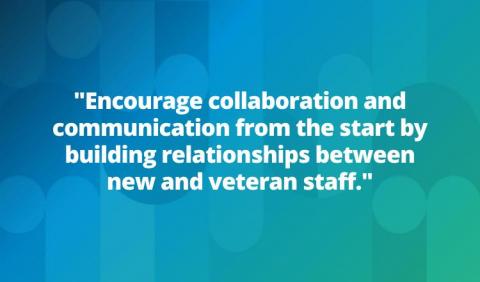Operations | Monitoring | ITSM | DevOps | Cloud
November 2021
6 Steps SREs Should Take to Prepare for Black Friday and Cyber Monday 2021
Six tips on how Site Reliability Engineers (SREs) can prepare for the reliability challenges of Black Friday and Cyber Monday 2021
How Sabre is using SRE to lead a successful digital transformation
Editor’s note: Today we hear from Kenny Kon, an SRE Director at Sabre. Kenny shares about how they have been able to successfully adopt Google’s SRE framework by leveraging their partnership with Google Cloud. As a leader in the travel industry, Sabre Corporation is driving innovation in the global travel industry and developing solutions that help airlines, hotels, and travel agencies transform the traveler experience and satisfy the ever-evolving needs of its customers.
SLA vs. SLO (Differences Explained)
History of SRE: Why Google Invented the SRE Role
A history of Site Reliability Engineering from its origins at Google in 2003 to the present.
DevOps Benefits & How to Maximize Them for Your Team
How to Write Meaningful Retrospectives
SRE Principles: The 7 Fundamental Rules
In one of our previous articles, we discussed what an SRE is, what they do, and some of the common responsibilities that a typical SRE may have, like supporting operations, dealing with trouble tickets and incident response, and general system monitoring and observability. In this article, we will take a deeper dive into the various SRE principles and guidelines that a site reliability engineer practices in their role.
SRE Complete Resume Writing Guide
Follow these steps to write a great SRE job resume.
Summary of Bridging the Gap: DevOps to SRE
How to improve your influence as an SRE
Microservice Architecture | What It Is & Why It Matters
Enabling SRE best practices: new contextual traces in Cloud Logging
The need for relevant and contextual telemetry data to support online services has grown in the last decade as businesses undergo digital transformation. These data are typically the difference between proactively remediating application performance issues or costly service downtime. Distributed tracing is a key capability for improving application performance and reliability, as noted in SRE best practices.
A practical Guide to implementing SRE
SLA vs. SLO vs. SLI: Understanding the Similarities and Differences
An explanation of the meaning of SLA, SLO and SLI, and how SREs should use each concept to manage reliability.
Continuous Testing | Tools, Techniques, & Best Practices
Podcast: Break Things on Purpose | Gustavo Franco, Senior Engineering Manager at VMWare
In this episode Jason is joined by Gustavo Franco, Senior Engineering Manager at VMWare, to chat about chaos in the Gustavo’s early days. Gustavo reflects on Googles early disaster recovery practices, to the contemporary SRE movement.
How they SRE: Insights from the Cloudflare SRE team
Cloudflare is a global cloud services provider that is based all over the globe, from San Francisco, US to London, England to Sydney, Australia. Their mission, as stated front and center on their homepage, is to help build a better Internet. While that may read like hyperbole, their numbers are impressive - Cloudflare has over 126,000 paying customers and 95% of Internet Users in the developed world are within 50ms of their network.


